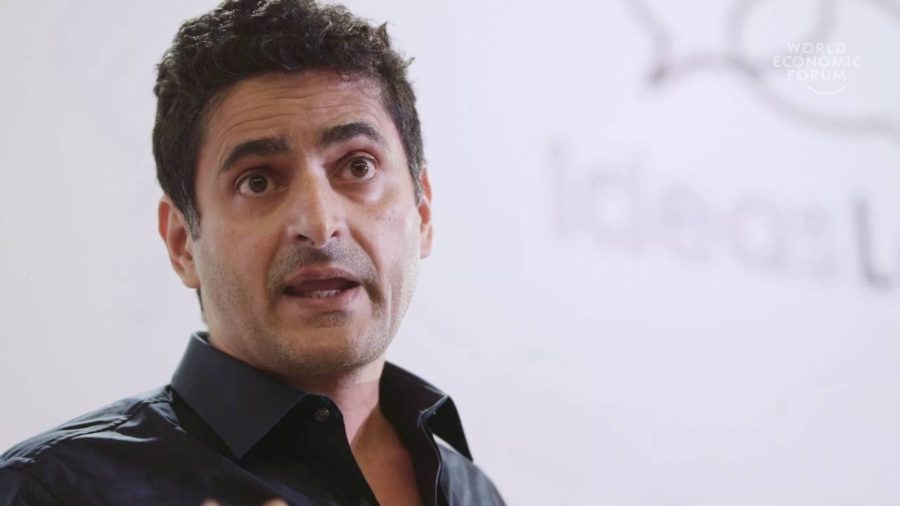Imagine day-to-day agreements that can’t be legally enforced, for example agreements between your partner and yourself, medium-size agreements between business partners, or agreements between governments. Presently, they can’t be enforced for two reasons. First, it may be quite costly to enforce these agreements, because you need the presence of a legal system. Or it may be that because these agreements are about future effort, which may be ambiguous and you can’t contract over this type of future effort.
At present, the only way we have of dealing with these types of agreements is developing long-term, costly relationships. For example, getting married, or maybe taking over a business partner, or even invading a different country just to enforce agreements. Now, the question that we have is can we have a mechanism for enforcing these types of agreements whereby we can get rid of the idea of trusted, costly third parties like a legal system. Where we can enforce agreements between anonymous individuals. Can we have agreements or the mechanisms for enforcing agreements between governments without having to appeal to the ambiguity of international law?
Eric Maskin, an economist, won a Nobel Prize in the mid-2000s for theoretical work on self-enforcing agreements. However this type of theoretical work that he’s thinking about, these thought experiments, were not very useful in practice for reasons that we don’t fully understand, however, except for very extreme contracts like mutually-assured destruction.
At the same time as Eric Maskin was developing his theoretical foundations for his self-enforcing agreements, we had people developing Bitcoin. At the heart of Bitcoin, there’s a cryptographic system which, if you look at it very carefully from a theoretical and mathematical point of view, implements many of Eric Maskin’s ideas for self-enforcing agreements. The greatest example of this is the idea of ripping apart a one hundred-dollar bill. Two signatures within the Bitcoin system implement that type of idea whereby a seller can say, “Look, here’s half of a hundred-dollar bill. When you deliver your good, then I’ll give you the other half.”
If you look at the cryptographic system underlying Bitcoin, you find that many of the components of Eric Maskin’s theoretical ideas of self-enforcing contracts are available. So the question, theoretically, is can we use the cryptographic system within Bitcoin to design self-enforcing agreements?
The idea of designing these self-enforcing agreements is to design agreements where it’s in the self-interest of both individuals to enforce the contracts, where they’re implemented by a computer and the cryptography assures us the outcome. The main task of cryptographic game theorists, like Simon Grant, is to develop these types of agreements but from a personalized point of view. So they look at a problem, and they develop a game theoretic framework for the agreement, and then they implement cryptography to allow for these types of agreements.
One thing that we do predict is that cryptographers and game theorists will become rich. However we also predict smaller firm size, because firms are big simply because we can’t enforce agreements. And we predict fewer wars. However there are certain problems that we have to think about. These types of ideas, cryptographic, game theoretic ideas, and self-enforceable contracts allow for contracts between anonymous individuals such as on drug markets. They allow for, for example, setting up contracts offshore, tax haven contracts, that can’t be broken down like the Panama experience we recently had. And so there are a lot of costs in terms of how do we see the world, and we don’t really know how we see the world emerging should these types of things be adopted.
The big question for us is that this is an exciting area of study. This is something that seems to have the potential to generate great efficiencies for business, for government, and for day-to-day interaction with individuals should you actually want these low cost, minuscule agreements to be enforced. And this is the type of work we do at the Australian National University in Economics.
Further Reference
Rabee Tourky profile at University of Queensland, Australia
2016 Annual Meeting of the New Champions at the World Economic Forum site
